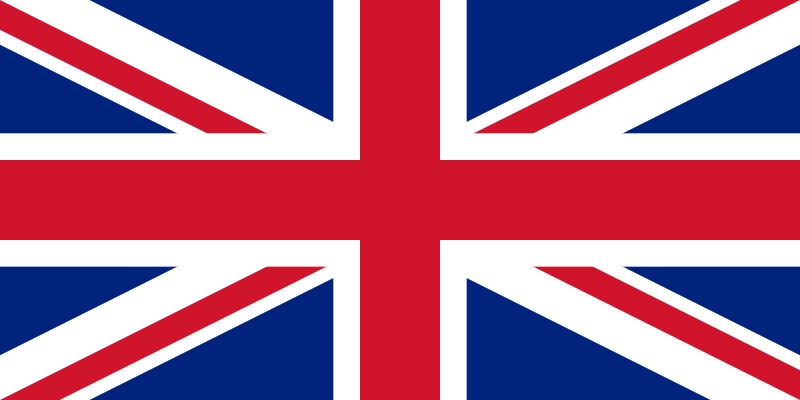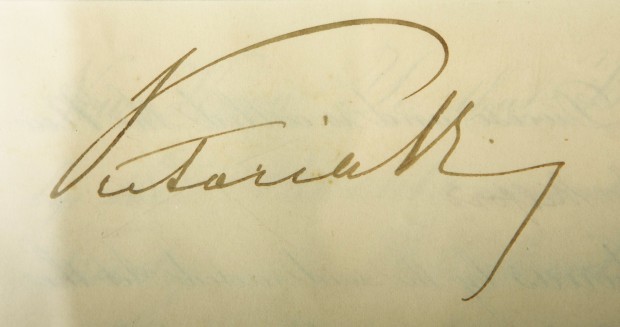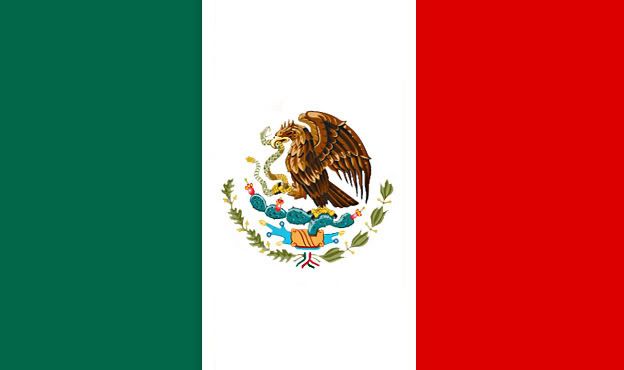Guns Blazing, Decisions Made, And The Snake That Lost Its HeadMid-July, 1861, any peace talks finally broke down as the first blood was shed in the Civil War. The Union Army of the Potomac, under the command of Brig. Gen. Irvin McDowell, moved south, crossing into Confederate territory. McDowell, despite his inexperience, was an ambitious leader who hoped to catch the Confederacy off guard before large numbers could enlist and be trained in the Confederate Army. Striking towards the major city of Richmond, the 28 000 men of the Army of the Potomac, the largest field army yet gathered on North American soil, reached the Manassas Junction on July 18. Opposing them was the 21 000 men of the Army of North Virginia, under the command of the world-renowned leader Robert E. Lee. Although both armies were in sight of each other, neither side was willing to be the first to act. So both armies camped and waited until the morning of July 21, when the Army of the Potomac recieved orders from Washington to engage the enemy.

The chaos of the Battle of Bull RunEarly in the morning, the Union began firimg artillery at the Confederate lines. The Confederates fired back, but poor communications on both sides meant that little damage was done to either army. Instead, the Union troops began marching. Battle was joined soon, and both sides realised what a cost this war would have. As the two armies engaged, inexperience caused many troops to flee or forget their training, spreading disorder and chaos throughout the armies. After a few hours of fighting, with poor logistics and communications rendering both commanders unable to tell the course of the battle, the orders where given and both armies withdrew. The battle of Bull Run, the first battle of the war, was inconclusive. The Union had lost more troops, but they had a larger manpower pool to draw from. Both sides quickly realised that this war would not be over soon, and began preparing for a long drawn out campaign.
(-2,461 regulars to the USA, -1,984 regulars to the CSA)
At the outbreak of war, there were many generals in the Federal army of Southern descent. General Lee was the most notable example - he was requested by Lincoln to lead the Union forces, but instead decided to fight for the CSA. But many other generals had not yet committed to either side. Hoping to capitalise on this, CSA President Jefferson Davis extended offers to many of these generals. William T. Sherman was not an abolitionist and did not believe in Negro equality, however he was a native of Ohio and, as some of his brothers and foster brothers were serving with the Union, Sherman followed suit. Winfield Scott, the 'Grand Old Man of the Army', also refused to leave the Union. Although Southern born, he had served in the US army longer than any other man and it was to the army that his loyalties lay. George Thomas was the only one who seriously considered joining the CSA - he had a close friendship with Robert E. Lee, and his family were pro-CSA. After agonising over the decision, he finally decided to resign his commission in the Federal army and join the Confederacy, much to the disgust of his northern-born wife, who left him.
At the outbreak of the war, it was debatable which side had the stronger land army. Not so with the navy - the Union navy dwarfed its southern counterpart. Under the guidance of Winfield Scott and approved by President Lincoln, the Union navy began to blockade the Southern ports. The ports of Mobile, Charleston, Savannah, and Norfolk were blockaded with little resistance, only some artillery fire from land based batteries - the Confederate navy was nowhere to be seen. It was only when the Union navy attempted to enter New Orleans that the location of the Confederate navy was discovered. As they entered the harbour, Confederate ships ambushed the Union navy and engaged. The more experienced Union navy returned fire, and managed to sink Confederate ships, but their own losses were too heavy to continue. As the Union navy withdrew some distance from New Orleans, the CSA celebrated its first victory of the Civil War. It was only a small victory, but for now, the Mississippi River remained open to the Confederacy, and more importantly, with New Orleans still in CSA hands, the CSA retained one slim lifeline with the outside world.
(-1 Screw Frigate, -3 Sail Frigates to the USA, -1 Screw Frigate, -1 Sail Frigate to the CSA, CSA partially blockaded)

Battle of New Orleans












